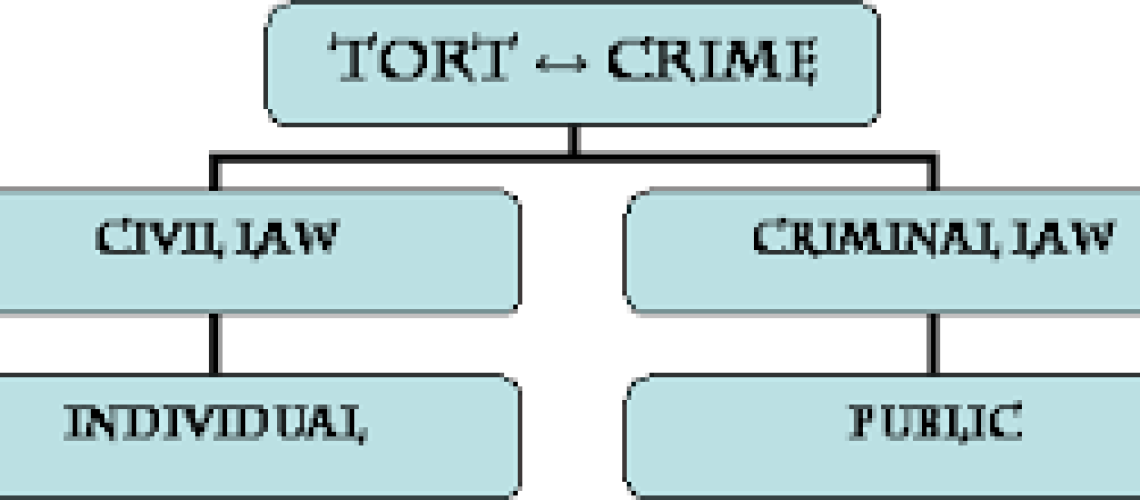By Siddharth Dey
A liability means an obligation one is bound by law to fulfil.
A tort is a civil wrong, and therefore results in civil liability.
When a person incurs civil liability, s/he ends up paying a type of penalty in most cases. It is a monetary amount which the court thinks is justified for one to pay for their wrong. There is usually no imprisonment.
Criminal liability usually results in either imprisonment or fine, or both. This difference between the two liabilities is determined by the very nature of the wrongs.
Criminal wrongs are considered to be wrongs against the community as a whole, while civil wrongs are considered to be a wrongs against the individual. A criminal act is also called an ‘offense’, because such an act offends or challenges the command/authority of the law of the sovereign or the ruler, i.e., the State.
[Note: ‘the State’ in the legal context, usually means either Central or State Government, and not an area within a political boundary.]
Such offenses are considered to be a ‘greater’ wrong and therefore merit a greater punishment.
Lesson – civil wrongs and criminal wrongs are separated according to the degree/severity and nature of the wrongs.
Therefore, you will notice that certain cases in India bear the name “State of Tamil Nadu. v. Suhas Katti” or “Union of India v. Z” because the State itself starts the case, or the prosecution (a criminal proceeding) as it is called in legal jargon, against the accused.
In civil cases, like for Torts, parties bring the “suit” (a civil proceeding) themselves.


